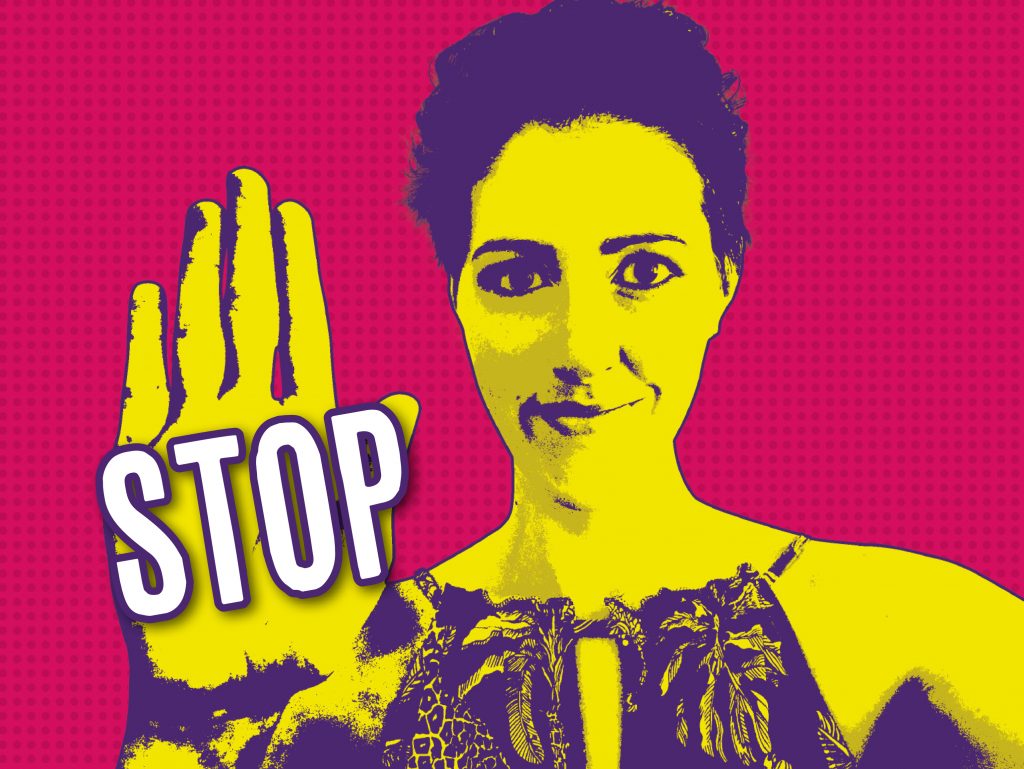Dementia - Stop Look Listen
Request a Callback
By clicking on submit I / We give consent for you to call me / us on the number provided to discuss my / our financial requirements.
Caring - Understanding - Reliable - Advice
Home » Guides & News » Dementia – Stop Look Listen
Hi, on this Stop, Look, Listen I want us to focus on dementia.
So, dementia’s something that’s really close to my heart because my dad has Parkinson’s disease, and it is something that I really need to keep my eye on.
Dementia’s often thought of as an old person disease, and something that’s just to do with memory loss. And that is in some ways true, but you also get early onset dementia, and it can be much more than just memory loss. There can be hallucinations, there can be things like imaginary smells, there can be difficulty suddenly understanding the concept of money and numbers.
So, they become quite vulnerable and confused when they’re going out shopping and socialising because something that has always been absolutely fine for them is suddenly something that they’re finding difficult to comprehend and that can be quite scary.
So, there’s some top tips on what’s best to do when you are interacting with somebody that has dementia. So, the first one, as with anybody, is just to have a warm and friendly demeanour to you. Just smile, be open to the conversation with them, if you’re at ease then that will put them at ease too.
What you want to do as well is to speak in short, specific sentences, so you don’t want to go into a full Shakespearean dialogue with them because they probably won’t be able to follow it as most people wouldn’t. But you understand what I mean, it’s important to just be direct, you don’t need to fluff out your sentences, you don’t need to use any words that are going to possibly cause unnecessary confusion because they don’t need to be there. And if they don’t understand what you’re saying, it’s not their fault, and don’t just keep repeating what saying, it could be that one or two words they’re just struggling to understand, and it’s important to try and use other words to convey the message you’re wanting to get across.
And then the last bit, and which I think the most important bit as well, is to remember that they are still the same person that’s there, there may be a carer there, and please feel free to speak to the carer, but they want to have their journey spoken about with you, they want to tell you about themselves, and it’s important you let them do that.



Client Reviews








Talk to a Friendly Adviser
Get a Quote
What We Offer?
- Experienced and knowledgeable advisers
- Specialist advice with no fees to pay
- Full assistance with all of your paperwork
- Put your policy into trust at no cost
- A dedicated insurance adviser for you
Our Recent Awards






















